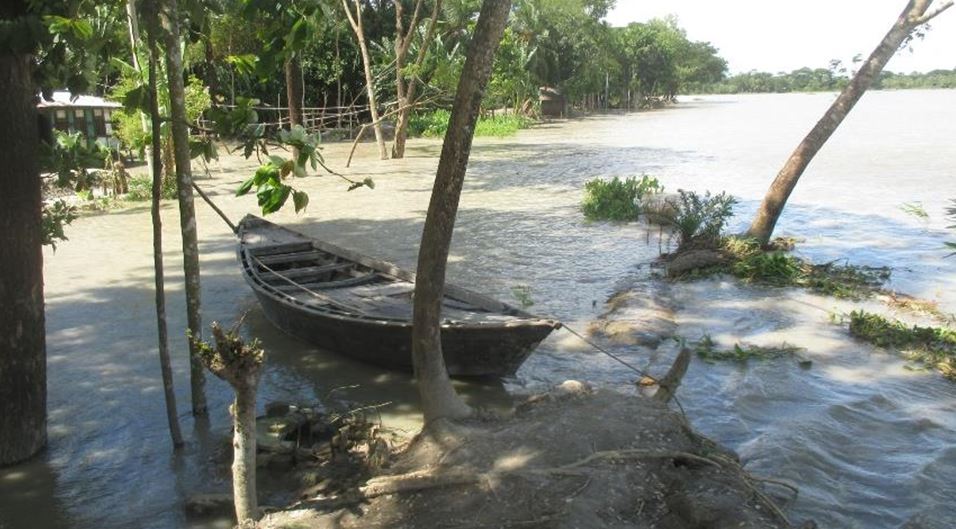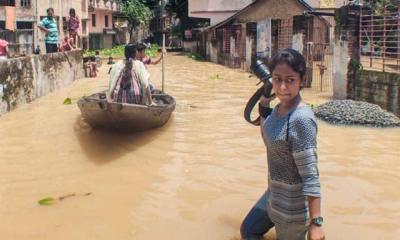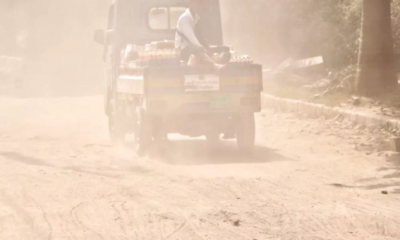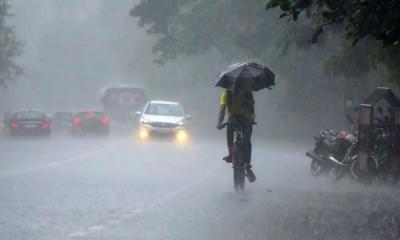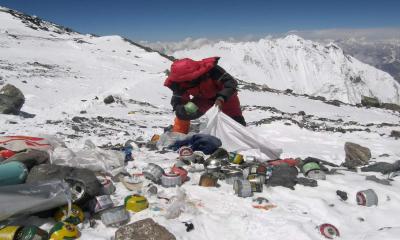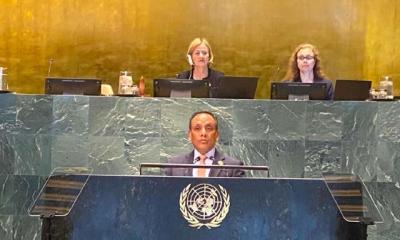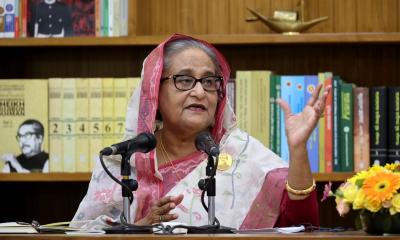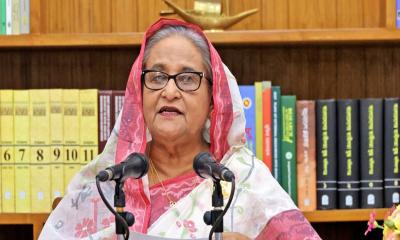Between 12.34 and 17.95 percent of the coastal area of Bangladesh would go under water at the end of this century as a result of the rise in sea level, Environment Minister Md. Shahab Uddin told Parliament on Sunday.
Citing the data of a research, the minister also said that only the projected sea level rise would reduce rice production in Bangladesh by 5.8 percent to 9.1 percent.
In reply to a tabled question from Awami League MP Nurunnabi Chowdhury, the minister said, a research project entitled "Projection of Sea Level Rise & Assessments of its Sectoral (Agriculture, Water & Infrastructure) Impacts" is being implemented by the Department of Environment with the financing of Bangladesh Climate Change Trust Fund in order to assess the risk of sea level rise.
“It can be seen that in the past 30 years, the rate of sea level rise in the coastal area of Bangladesh is about 3.8-5.8 mm per year,” he said.
Shahab Uddin said that without rapid and comprehensive action to curb climate change at the global level, the increase in temperature in the next two decades will exceed 1.5°C above pre-industrial levels, which could increase by more than 3.0°C by 2100.
Due to the continuous increase in global temperature, the rate of ice melting in Antarctica has also increased manifold, he said.
The world`s ice is melting at a faster rate now than in the 1990s. According to a research report published in the journal `The Cryosphere` in 2021, about 28 trillion tonnes of the world`s total sea ice, icebergs and glaciers have melted since the 1990s.
The report also said that the rate of ice melting three decades ago is now 57 percent faster.
The minister said that according to a recent research report by NASA Global Climate Change, Antarctica`s ice is melting at an average rate of 150 billion tonnes per year, and Greenland`s ice is melting at an average rate of 270 billion tonnes per year.
Shahab Uddin said, according to Global Climate Risk Index 202 published by Germanwatch, Bangladesh ranks the 7th among the world`s most climate vulnerable countries, although Bangladesh`s role in greenhouse gas emissions is negligible.
Mainly due to the carbon emissions of industrialised and large developing countries, the global temperature is gradually increasing. Therefore, reducing the carbon emissions of major countries of the world will play an effective role in this regard.
However, with the aim of achieving climate resilience, the government has already taken significant adaptation and mitigation measures through the formulation of detailed plans and strategies.


